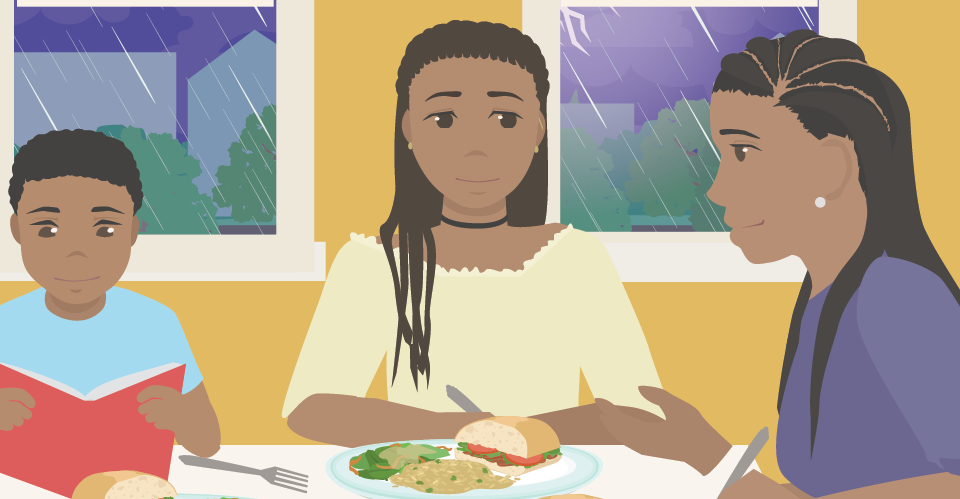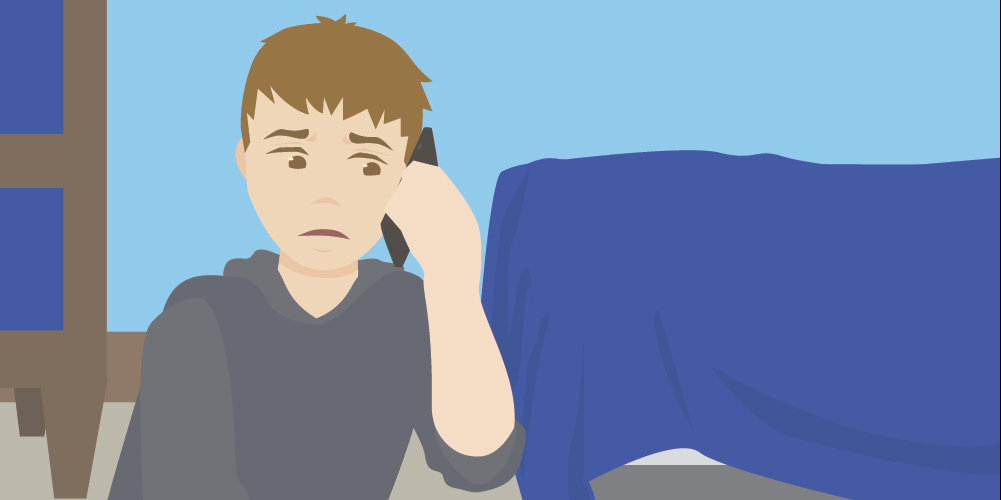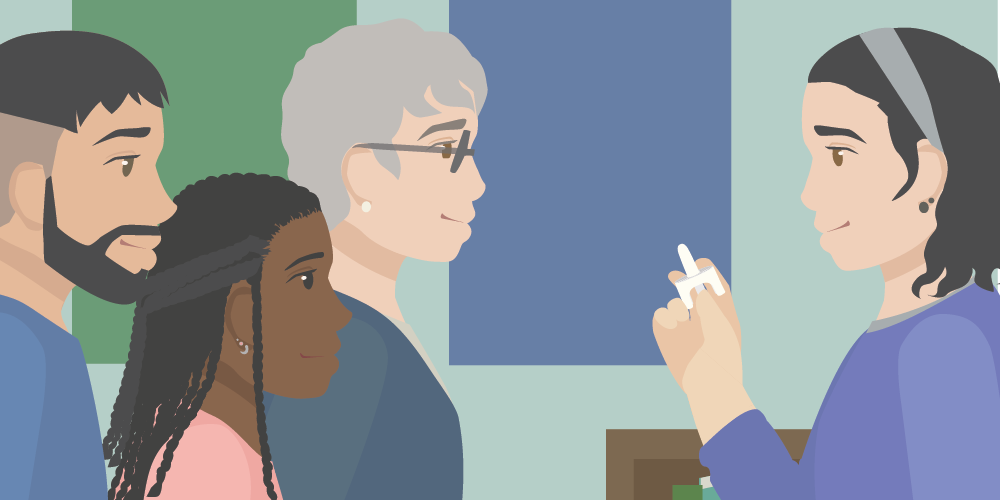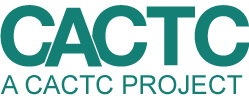Over the past year, you may have heard or seen stories about overdoses happening right here in our own community. Even with reported opioid use low amongst 7th-12th graders in our community, with 0.3% of students reporting heroin use and 2.9% reporting prescription pain reliever misuse in their lifetime, parents may still find news and stories about overdose upsetting. You might even be questioning if your own child, or if family members who is prescribed opioids for chronic pain, could be at risk of overdosing or if you need to be trained in how to respond to an overdose.
Health Educators from the Cortland County Health Department, helped us answer some important questions parents might have about Narcan, and how to talk about this important topic with teens. Here are there responses:
Should parents get trained in Narcan?
It’s a good idea for everyone to become familiar with the signs of an overdose, know how to administer Narcan, and other actions to take in the event that someone is overdosing. If you know someone who uses substances, struggles with substance use disorders, or is prescribed opioids for chronic pain you should be trained and have a Narcan kit available.
What about parents who know their teenager would never use drugs? Should they get trained in Narcan?
Although many of us think that our teenagers would never keep anything from us, and we feel like we have healthy and open communication, there are certain things your kid might feel like they can’t talk about with you. Remember when you were their age, did you tell your parents every action you took? Also, a friend of your teenager might be experimenting with drugs or be struggling with a substance use disorder. Being trained in, and having Narcan, is a safety net that anyone should have.
When is the right age to talk to a teenager about Narcan?
Ideally, there should be frequent age appropriate conversations about drug and alcohol use. When talking about what types of drugs there are, and the effect they have on the body, it’s a good idea to explain to them what Narcan is/does. Also, depending on the circumstances, for example if a family member struggles with opioid use disorder or is prescribed opioids for chronic pain, it may be a good idea to explain to them the circumstances and how Narcan could be used in an emergency situation.

Could talking about Narcan, or having it at home, encourage a teenager to use drugs or suggest that parents think it is okay to use drugs?
Absolutely not, in fact families that openly talk to their kids about drugs have a lower chance of their kids becoming addicted to substances later on in life. Parents have a significant influence in their children’s decisions to experiment with alcohol and other drugs and the more education someone is given, the more likely they will make better decisions when it comes to drug use. The reality is, giving kids education, knowledge and resources may actually save a life and prevent future abuse.
Is there a minimum age to carry Narcan? Should parents have their teenagers get trained?
There is not a minimum age for someone to carry nasal Narcan or Naloxone, but the individual should be mature enough to recognize signs of an overdose, understand what is happening during an overdose, how to use the medication, and steps to ensure that individual receives further medical attention. It may not be necessary for a teenager to always have a kit on them, but it’s a great idea to make sure teens know what Narcan is and how it works, especially if they have a friend or loved one that uses substances or is prescribed opioids for chronic pain.
Is there ever a situation where Narcan should not be given to someone who is exhibiting signs of overdose? Can Narcan be dangerous?
Narcan cannot cause any harm to someone if they are not overdosing. Narcan has very little side effects but if it is administered to someone who is dependent on opioids it can cause them their body to go into opioid withdrawal. Withdrawal from opiates can cause serious physical and mental symptoms that are usually temporary and can cause the person to be agitated when they wake up, which is another reason to call 911 if you think someone might be overdosing.

Can you get in trouble for giving someone Narcan?
Anyone who administers Narcan or seeks medical help for themselves or someone else during an overdose is protected under the 911 Good Samaritan Law. The New York State 911 Good Samaritan Law allows people to call 911 without fear of arrest if they are having a drug or alcohol overdose that requires emergency medical care or if they witness someone overdosing. Nothing should stop you from calling 911 in a life-or-death situation. To learn more about who is protected, please visit https://www.health.ny.gov/diseases/aids/general/opioid_overdose_prevention/good_samaritan_law.htm
Where can parents get Narcan?
- Family & Children’s Counseling Services in Cortland is offering Narcan trainings to community members by calling (607)753-0234 or emailing COTI@fcscortland.org
- You can also access Narcan at local Pharmacies, the Southern Tier Aids Program in Johnson City, NY and Ithaca NY.
- Narcan is free at: https://nextdis1tro.org/ for people currently using drugs or likely to witness an overdose.
How much does Narcan cost?
Narcan is free through the Community agencies above. If someone is going to a pharmacy, they can use insurance to lower the cost and also check to see if the pharmacy utilizes the NCAP Program which can help cover any co-payment costs.



